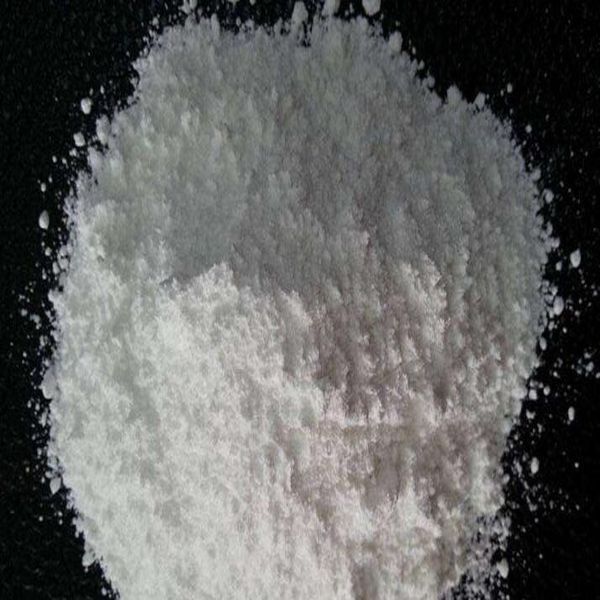Bensulfuron-methyl is a selective systemic conductive paddy field herbicide, also known as Nongdeshi, rice without grass, and farming. It has low toxicity to humans and animals, and low toxicity to fish, birds and bees. It was used to control sedge and broad-leaved weeds in rice fields, and has been used to control broad-leaved weeds in wheat fields. The agent can diffuse rapidly in water, be absorbed and transferred to various parts by weed roots and leaves, and hinder the biosynthesis of branched chain amino acids. It is used in rice fields to control annual and perennial broad-leaved weeds, sedge weeds, and has poor effects on gramineous weeds. It is safe for wheat, rice and other crops. When used in wheat fields, the soil must be moist, the soil is dry, and the drug efficacy will be low, which can effectively control the broad-leaved leaves such as pig’s disease, chickweed, broken rice shepherd’s purse, sowwort, shepherd’s purse, big nest vegetable, quinoa, rice chaff Weeds are usually sprayed with 30-40 grams of 10% bensulfuron-methyl per acre when the weeds are in the 2-3 leaf stage and the soil is wet. It diffuses rapidly in water, temperature and soil quality have little effect on weeding effect, and it has little mobility in soil. The combination of bensulfuron-methyl and chlorfenadon can kill broad-leaved weeds in wheat fields quickly, has a broad spectrum of killing weeds, has a good effect, and can effectively prevent the recurrence of weeds. It can be mixed sprayed with 2-3 g of bensulfuron-methyl pure medicine and 0.8-1.6 g of pure azasulfuron medicine per acre according to the grass age. The compound of butachlor and bensulfuron-methyl is used in rice fields, which can effectively control barnyard grass, Qianjin, cattle felt, broken rice sedge, shaped sedge, snakehead, water amaranth, Artichoke, Moshang Vegetables, Alisma, Ophiopogon japonicus, Yujiuhua and other weeds, but only have inhibitory effects on Dwarf Cigu, Sedge, Japanese C. chinensis, Trigonum sibiricum, and C. stalk. Preparations include 35% Dingbenz wettable powder, 20% Dingbenz wettable powder, 10% Dingbenzine granules, etc. It is mainly suitable for rice transplanting field, used before sowing seedlings in direct seeding field, when the dosage is too large It is easy to cause damage to rice seedlings. In addition, relevant data reported that butachlor has a poor sealing effect on weeds such as Qianjin and it is not as good as the control effect of alachlor.
Instructions:
1. Rice seedling field and direct seeding field: after sowing, weeds can be applied within 2 leaf stages of weeds. For the control of 1-year-old broad-leaved weeds and sand grasses, use 20-30 grams of 10% wettable powder per acre, spray 30 kilograms of water or 20 kilograms of mixed fine soil. Keep the water layer 3-5cm during the application for 3-4 days.
2. Rice transplanting field: It can be used 3 weeks before and after transplanting, but it is better to apply the medicine 5-7 days after transplanting. Use 20-30 grams of 10% wettable powder per mu to control perennial weeds and also remove barnyard grass. The dosage can be increased to 30-50 grams. The water-retaining layer can be sprayed on water at 5cm, and can be sprayed with water or mixed with fine soil to keep the water layer for 3-4 days and naturally dry.
Precautions:
Bensulfuron-methyl has a good effect on weeds within the 2-leaf stage, but less than 3-leaf.
It has poor effect on barnyard grass, so it is not suitable to use barnyard grass field.
Rinse the spray equipment after use.
Post time: Jul-09-2020
